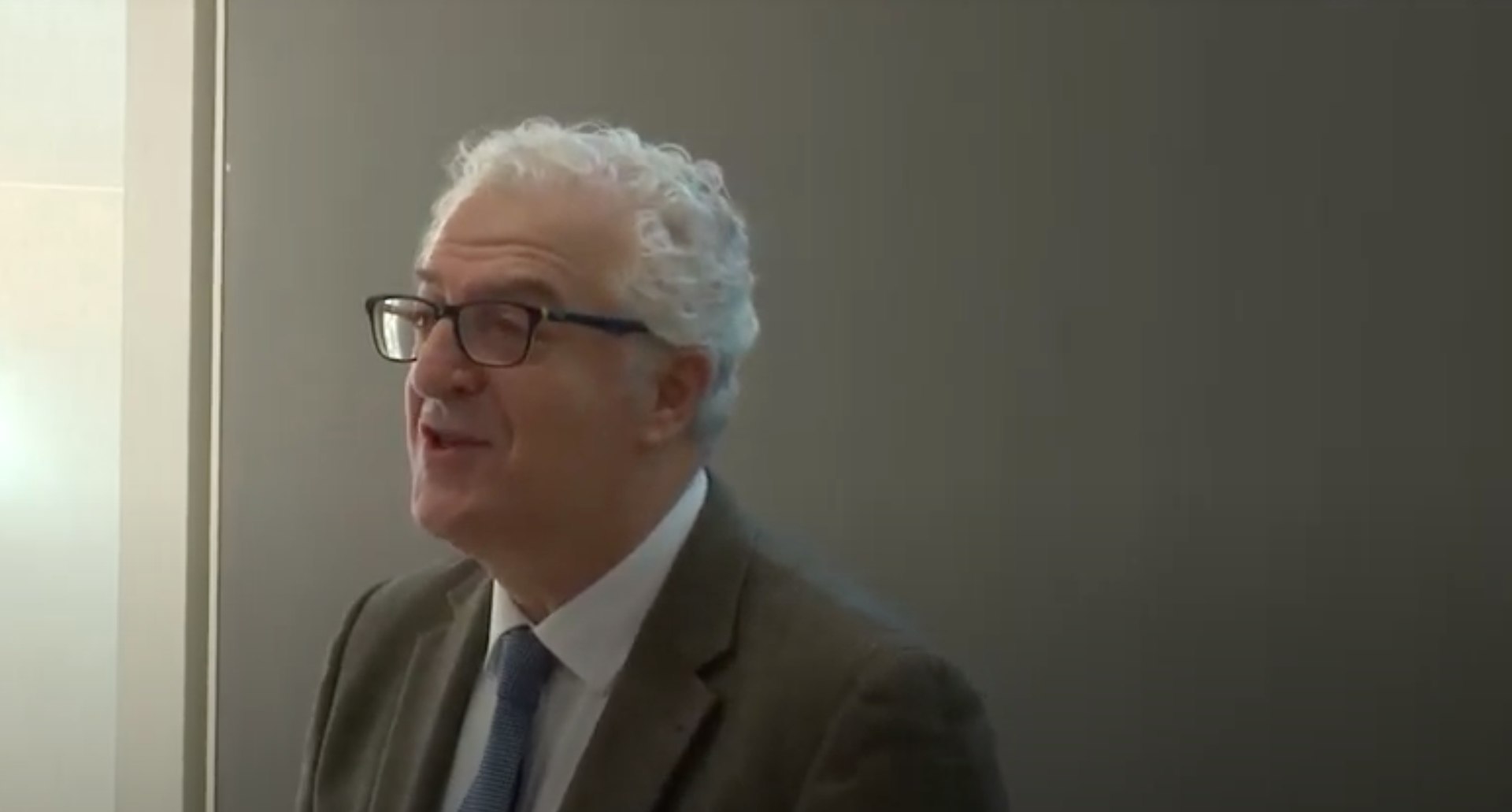In January, the College of Europe’s Google Chair in Digital Innovation, Andrea Renda, delivered his inaugural lecture in that role. One of the topics he chose to discuss was an issue of immense financial consequence for Google: self-driving cars.
During his lecture, Renda envisioned several scenarios in which self-driving vehicles could inflict harm on people and posed the question of who, or what, could be held liable for damages. Towards the end of his lecture, Renda, in line with Google's views, expressed skepticism of applying a standard of strict liability to developers in the event their autonomous vehicle creations cause harm:
“Some people say this is time probably for strict liability of the developers, but like in all debates on strict liability, be these pharmaceuticals or, you know, nuclear energy and so on, typically there’s one part of the debate that says if exaggerated with strict liability you are chilling the, you know, the incentives to engage in economic activity because you’re attributing too much risk to these people, to the developers.”
Renda paid quick lip service to the counterargument, saying “others, they would say we need strict liability because we need a deep pocket, we need someone that will be compensated in case a damage occurs.”
However, Renda told the audience that he has not yet reached a conclusion and will use his Google-funded position to conduct further research. “The liability part is a very important part we have currently, but we don’t have answers for this, so it’s good to start a three-year tenure,” Renda said.
In addition to holding the Google Chair at the College of Europe, Renda has significant financial ties to Google. As we detailed in a recent report, Professor Renda is a scholar at the Centre for European Policy Studies (CEPS), a Brussels-based think tank which counts Google as a corporate member. In his role at CEPS, Professor Renda has published numerous papers and commentaries mirroring Google’s positions on antitrust enforcement, a key issue for the company’s bottom line. None of Professor Renda’s papers disclosed Google’s financial support of CEPS.
Additionally, Renda is listed as a primary author or co-author on at least four Google-funded academic papers that discuss topics important to Google’s bottom line, including antitrust, copyright, and net neutrality. The papers are included in our database of Google-funded academic work.
Professor Renda isn’t the only European academic in a Google-funded position supporting Google’s policy positions. Google has paid tens of millions of euros to European academic institutions over the past decade to develop an influential network of friendly European academics who write research papers supporting the tech giant’s business interests, as we documented in a recent report.
In addition to establishing the “Google Chair in Digital Innovation” at the College of Europe, Google has created and endowed “Google Chairs” at other prestigious higher-learning institutions in Europe, including HEC Paris and Universidad CEU San Pablo. These chairs are often occupied by academics with a track record of producing research that closely aligns with Google’s policy priorities.




